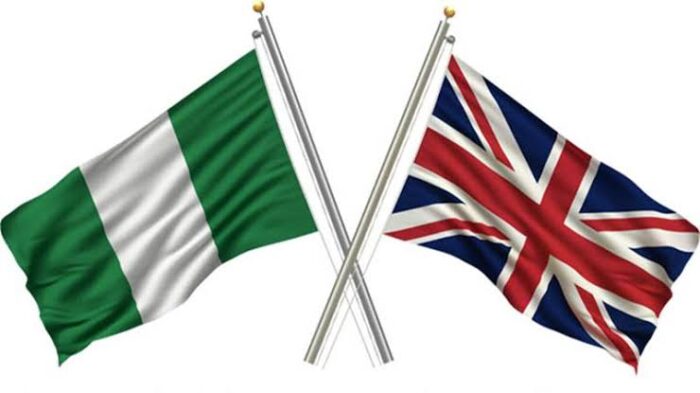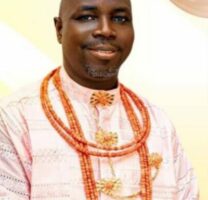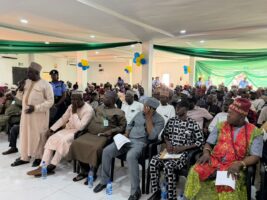The United Kingdom has announced a £19 million funding package to support the development of climate-resilient health and education facilities in Nigeria.
The announcement was made during the joint inauguration of 84 upgraded schools and healthcare centres under the Climate Resilient Infrastructure for Basic Services (CRIBS) initiative, in collaboration with the Federal Ministry of Health, Kano and Jigawa State Governments, and UNICEF.
CRIBS, launched in April 2024, is a pioneering programme designed to safeguard essential services from the growing threats of climate change. Nigeria is ranked second globally in climate-related risks to children, with millions affected annually by floods, droughts and extreme heat.
So far, 39 primary healthcare centres and 45 schools across Kano and Jigawa have been renovated through targeted climate adaptation measures. The model is now being scaled up to Bauchi, Enugu, Gombe, Kaduna and Katsina States.
Speaking at the inauguration, Cynthia Rowe, Head of Development Cooperation at the British High Commission in Abuja, said:
“The UK Government is proud to support the Government of Nigeria through this £19m commitment to the CRIBS programme. This initiative shows how climate-resilient infrastructure can improve access to basic services for vulnerable populations. We hope this model inspires broader replication across Nigeria.”
UNICEF’s Representative in Nigeria, Wafaa Saeed, described the initiative as “a testament to what strong partnerships can achieve.” She added: “By investing in climate-smart infrastructure, we are not only protecting services but also empowering communities to safeguard their children’s future.”
The inauguration, which featured ribbon-cutting ceremonies, site visits and community engagements, was hailed as a milestone in demonstrating low-cost, scalable solutions to climate vulnerability.
The programme is funded by the UK’s Foreign, Commonwealth and Development Office (FCDO) and implemented by UNICEF, with contributions from a wide range of partners including the World Bank, World Health Organization, JigSaw, Fab Inc, Crown Agents’ UK Lafiya Programme and Sextant Foundation.





